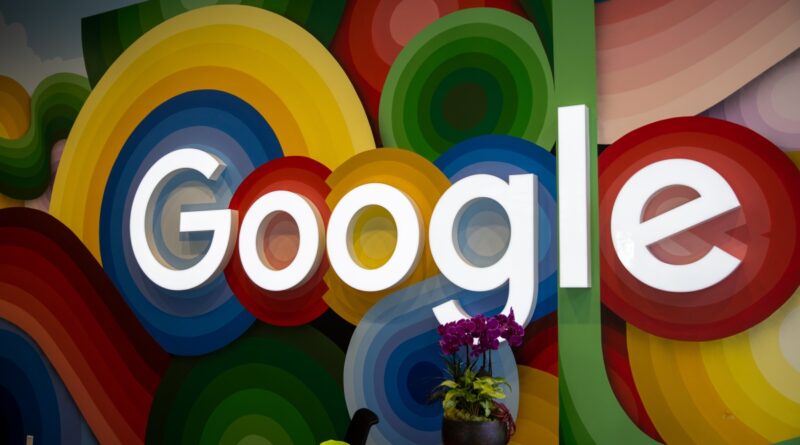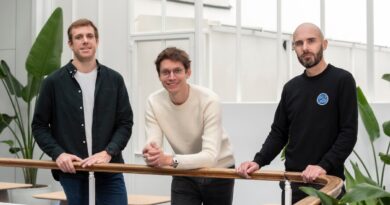Google consolidates AI research divisions into Google DeepMind
As Google looks to maintain pace in AI with the rest of the tech giants, it’s consolidating its AI research divisions.
Google today announced Google DeepMind, a new unit made up of the DeepMind team and the Google Brain team from Google Research. In a blog post, DeepMind co-founder and CEO Demis Hassabis said that Google DeepMind will work “in close collaboration … across the Google product areas” to “deliver AI research and products.”
As a part of Google DeepMind’s formation, Google says that it’ll create a new scientific board to oversee research progress and the direction of the unit, which will be led by Koray Kavukcuoglu, VP of research at DeepMind. Eli Collins, VP of product at Google Research, will join Google DeepMind as VP of product, while Google Brain lead Zoubin Ghahramani will become a member of the Google DeepMind research leadership team, reporting to Kavukcuoglu.
Meanwhile, Jeff Dean, one of the co-founders of Google Brain, will take on the elevated role of chief scientist for both Google Research and Google DeepMind, reporting to Google CEO Sundar Pichai. Google Research will remain an independent division reporting to Google SVP of technology and society James Manyika, focused on “fundamental advances in computer science across areas such as algorithms and theory, privacy and security, quantum computing, health, climate and sustainability and responsible AI.”
“Through Google DeepMind, we are bringing together our world-class talent in AI with the computing power, infrastructure and resources to create the next generation of AI breakthroughs and products across Google and Alphabet, and to do this in a bold and responsible way,” Hassabis wrote. “The work we are going to be doing now as part of this new combined unit will create the next wave of world-changing breakthroughs.”
Google acquired DeepMind, which Hassabis co-founded with Shane Legg and Mustafa Suleyman in 2010, for $500 million in 2014. The lab would go on to make headlines numerous times in the years following, developing AI that beat can human professional Go players and predict the structures of complex proteins.
Google Brain was formed a year after DeepMind, in 2011, as a part-time research collaboration between Dean, Google researcher Greg Corrado and Stanford University professor Andrew Ng. It similarly accomplished much, creating tools such as TensorFlow, an AI model creation framework, as well as enhancements to Google Translate.
Since the acquisition, DeepMind and Google Brain have worked harmoniously together for the most part — at least from the outside looking in. But there’s occasionally been strife between DeepMind and its corporate parent, Alphabet (which also owns Google).
Senior managers at DeepMind reportedly tried to negotiate for years with Google for more autonomy, seeking an independent legal structure for the sensitive research they do. The talks were called off in May 2021.
DeepMind has also struggled to break even with its growing expenses, which include the compute necessary to train massive AI models and a large headcount (around 1,000 employees). Alphabet was forced to write off nearly £1.1 billion ($1.5 billion) of DeepMind’s debt in 2019. DeepMind is now profitable, reporting a modest £44 million ($60 million) profit in 2020, up from a £477 million ($650 million) loss in 2019. But its revenue is almost entirely dependent on licensing its technologies to other Alphabet groups, like Waymo.
Recently, DeepMind has taken on new importance within Alphabet as the company looks to beat back rivals like Microsoft and OpenAI in the race for revenue-generating AI.
The Information reported last month that software engineers at Google Brain group are working with employees at DeepMind to develop software to compete with OpenAI, known as Gemini. Google’s recent AI product pushes, like the chatbot Bard, have been poorly received, causing Alphabet’s shares to drop precipitously.
Google — threatened by Microsoft’s close collaboration with OpenAI on Bing Chat, an AI-powered chatbot integrated with the former’s Bing search engine — is also reportedly investing outsize resources into Magi, a collection of new search features with AI capabilities. Magi has a dedicated task force of over 160 people, newly formed as of this year.
“We’ve been an AI-first company since 2016, because we see AI as the most significant way to deliver on our mission,” Pichai wrote in a blog post published this afternoon. “The pace of progress is now faster than ever before. To ensure the bold and responsible development of general AI, we’re creating Google DeepMind to help us build more capable systems more safely and responsibly.”
Google consolidates AI research divisions into Google DeepMind by Kyle Wiggers originally published on TechCrunch





